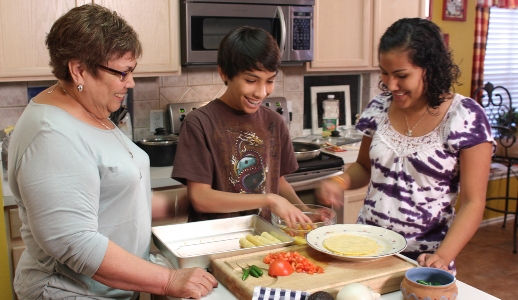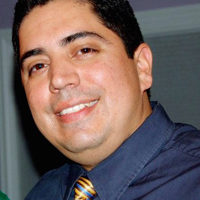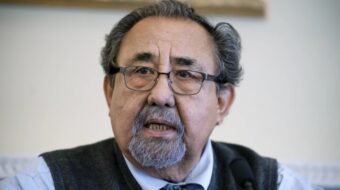
As Latinos, and really all working class people, filling out the 2010 census is important. We should all fill it out and send it in the mail and encourage our family, friends and neighbors to do the same.
However a new survey by the Pew Hispanic Center conducted in the second half of March finds that Latino immigrants are actually responding more positively to the census than native-born Latinos.
Say what?
While 70 percent of all Latino (or Hispanic) adults say the census is good for Latinos, foreign-born Latinos were much more likely to think so – 80 percent verses 57 percent U.S.-born.
Foreign-born Latinos are also more likely to correctly know (than native-born) that the census cannot be used to determine whether a person living in the country is undocumented, and they trust the bureau’s claim that all personal information would be kept confidential (69 percent versus 57 percent).
Interesting find.
So I filled out my census and sent it in weeks ago. But the Pew Hispanic Center’s report got me thinking and I wonder if question nine on the census form has anything to do with the results.
Let me try and explain.
Question nine asks about your race and the options are limited especially for people like myself. I consider myself Mexican American or Latino (Hispanic) and I was born in the U.S.
I did answer yes to question eight that asks if I’m Hispanic, Latino or Spanish origin.
Yet question nine, the “race” question, really has no correct option for me. So naturally I chose “other” and I wrote in Mestizo, generally understood as someone whose ancestors are mixed with indigenous roots from Mexico and Spanish origin.
According to the U.S. Census Bureau, the race question was added in 1970 and is key to implementing many federal laws. It’s needed to monitor compliance with the Voting Rights Act and Civil Rights Act. State governments use the data to determine congressional, state and local voting districts. Data is also used to assess fairness of employment practices, to monitor racial disparities in characteristics such as health and education and to plan and obtain funds for public services.
Obviously this is a very important, especially for Latino, Black and other historically disenfranchised minority communities.
Not to sidetrack but one of the options to question nine is “Black, African American, or Negro.” Personally I think referring to African Americans as “Negro” is backwards, despite the claim that many still use the term in the Deep South. It’s an old expression and the federal government should refrain from it especially since it was used during harder times when Blacks were openly denied equal rights. (Even though the struggle for equal rights is far from over.)
Anyway, options to the race question vary, but there really is no category for Latinos. So in other words people like myself have to either choose white, black, American Indian or one of the Asian “races.”
Maybe the question is a trick one.
Frankly I think the question itself is confusing and culturally insensitive. How does one determine their “race” anyway? How does one’s cultural traditions or language reflect answering a question about race.
Part of me feels like the real motive behind question nine is basically asking what the color of my skin is. Maybe the census should start asking our blood type, DNA or the color of our eyes too.
I could see how Latinos and others not mentioned could get turned off by the question and possibly ignore the form altogether. I mean question nine kind of ignores Latinos and so many others in a way too, right? So why bother.
It needs to be revised or reformed so that people who don’t associate themselves with either of the options have more of an accurate selection.
Either way, Latinos, whether immigrant or citizen, should take the census seriously and fill it out and send it in even if question nine is itself questionable.
Nearly 1 million Latinos were undercounted in the 2000 census and we have to see this year’s census as one of the most important civil rights issues facing the economic and political development of our communities.
Given the economic hardships facing millions today especially those who may have lost their homes due to the foreclosure crisis or the rising number of unemployed, it’s critical that Latinos and all working class communities see the census as part of our economic recovery.
An accurate count of our communities incorporates fairness, equal access and opportunities, which equates to our political and community empowerment.
Hopefully in the future question nine will be more inclusive and culturally sensitive to not just Latinos but others as well.
Meanwhile, don’t hesitate and get counted.
Photo: U.S. Census Bureau










